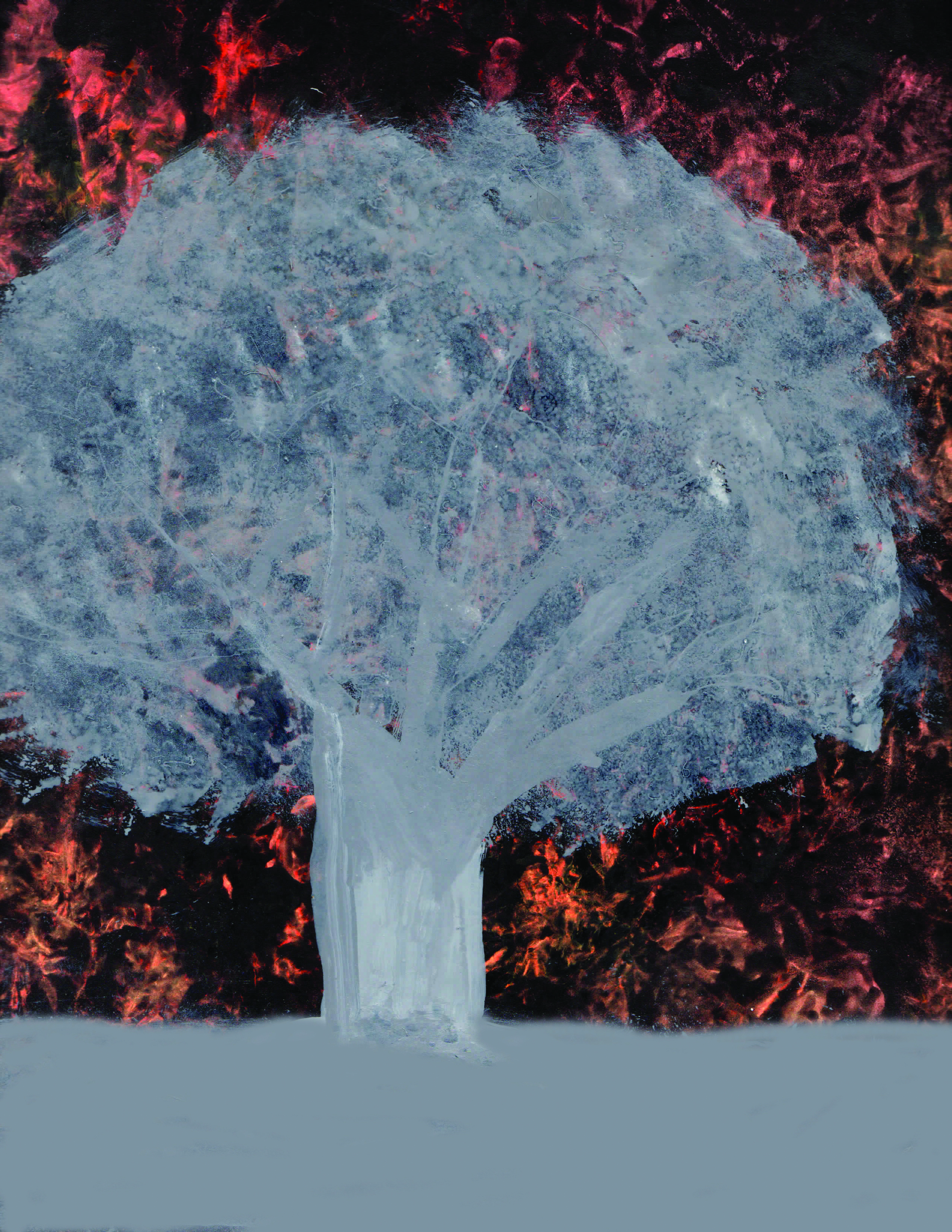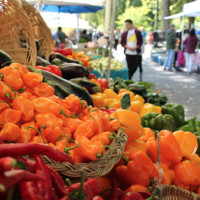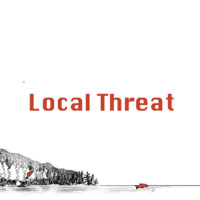
Blazing fires leap across the forest floor, snaking up the 200-foot-tall trees which quickly succumb to the flames. Smoke wafts into nearby towns, villages and cities, turning day into night and blanketing Brazil in ash. Firefighters in bulky, yellow jumpsuits and everyday citizens with cloth wrapped around their mouths douse the glowing flames with water, hoping to stop the fires from spreading toward indigenous lands.
Around the world, people watch in horror as images of the fires scroll across their newsfeeds and television screens. With every passing minute, the world loses almost 80 acres of rainforest.
“It will affect our generation,” says Grant junior Adara Houleolihal, who moved from Brazil earlier this year. “But most importantly, it’s already affecting the indigenous people. It’s already affecting species and food chains and ecosystems and people with less money.”
As fires devastate the Amazon Rainforest and threaten many of the 400 tribes of indigenous people that live there, the world is left wondering where to place the blame. Some say Brazil’s president is at fault, while others blame the farmers, loggers and miners who light the fires. But we need to look at the bigger picture: the system as a whole. The world is dying, and capitalism is responsible.
For over a decade, the Amazon Rainforest was largely protected from forest fires and deforestation. Following staggering levels of deforestation during the 1990s, former Brazilian president Luis Inácio Luda Da Silva implemented policies to stop the destruction of the Amazon and preserve it for future generations. However, with the election of President Jair Bolsonaro in 2018, and the economic crisis that followed, deforestation and forest fires have reached record highs this year.
In August 2019, there were approximately 31,000 fires in Brazil and over 80,000 in the first eight months of this year: an 80 percent increase from 2018. Most of the fires are set intentionally by farmers, loggers or ranchers looking to clear more land for their own economic agricultural needs. However, drought in parts of the Amazon caused many of these fires to spread far beyond what the farmers intended. As a result, 7,600 square miles of forest burned during July alone.
Although the Amazon consistently experiences fires, the implications of this year’s are more severe. The Amazon accounts for one-fourth of the world’s sequestered carbon dioxide that is absorbed by forests. As the trees burn, 140 million metric tons of carbon dioxide are released into the already-warming atmosphere.
While the magnitude of these fires has engendered worldwide panic and outrage, Brazil’s president downplays the ramifications, claiming that the media is exaggerating the situation and misrepresenting his role in the fires. Bolsonaro has attempted to shift the blame to non-governmental organizations (NGOS), which he says are trying to undermine his authority.
Nonetheless, the evidence is clear. Bolsonaro’s push to profit off the Amazon began during his campaign, in which he pledged to roll back policies that protected indigenous communities of the Amazon and their land. He denied the existence of climate change and showed blatant contempt for these communities, saying, “(not) one centimetre will be demarcated for indigenous reserves or (Afro-Brazilians).”
Bolsonaro has followed through on these promises; in less than a year in office, he has cut funding by almost 25 percent for environmental groups working to protect indigenous lands. According to the Instituto Socioambiental, there have been at least 3,500 fires on indigenous lands in Brazil this year.
“A lot of this is … a political issue, not just an environmental issue,” says senior Leo Helm, a member of Grant’s Environmental Club. “Because I know partly what enabled the fires was the right-wing government in Brazil, which let farmers clear-cut, slash and burn forest to ranch cattle.”
Bolsonaro’s actions are primarily in response to the ongoing economic crisis which has sent Brazil into a severe recession.“Obviously, his statements are in favor of the economy and productivity,” says Houleolihal. “The Amazon preservation is not his priority.”
But Brazil’s economic advancement cannot come at the expense of the Amazon Rainforest. There must be a balance between supporting the people of Brazil and preserving one of the world’s most important ecosystems.
Sadly, the Amazon is just one example of how capitalism has threatened the Earth during humanity’s history. For years, large corporations have devastated the environment with little regard for the future impacts of their actions, and they will continue to do so unless changes are made. As consumers, we have some say in what these companies do to the environment, but our real power comes from voting. As voters, we can pick leaders that will prioritize our voices over those of corporations.
The Amazon Rainforest is burning rapidly. And it is vital to the future of the Earth that we save it. But it is also only the tip of the iceberg.
Capitalism has its place. People have the right to make a life for themselves and their families. It can allow for a better quality of life, and it provides hope for people that the future can be better.
But one place that capitalism does not belong is in the future of our climate. The lives of future generations should not be dictated by a handful of powerful CEOs and politicians.




